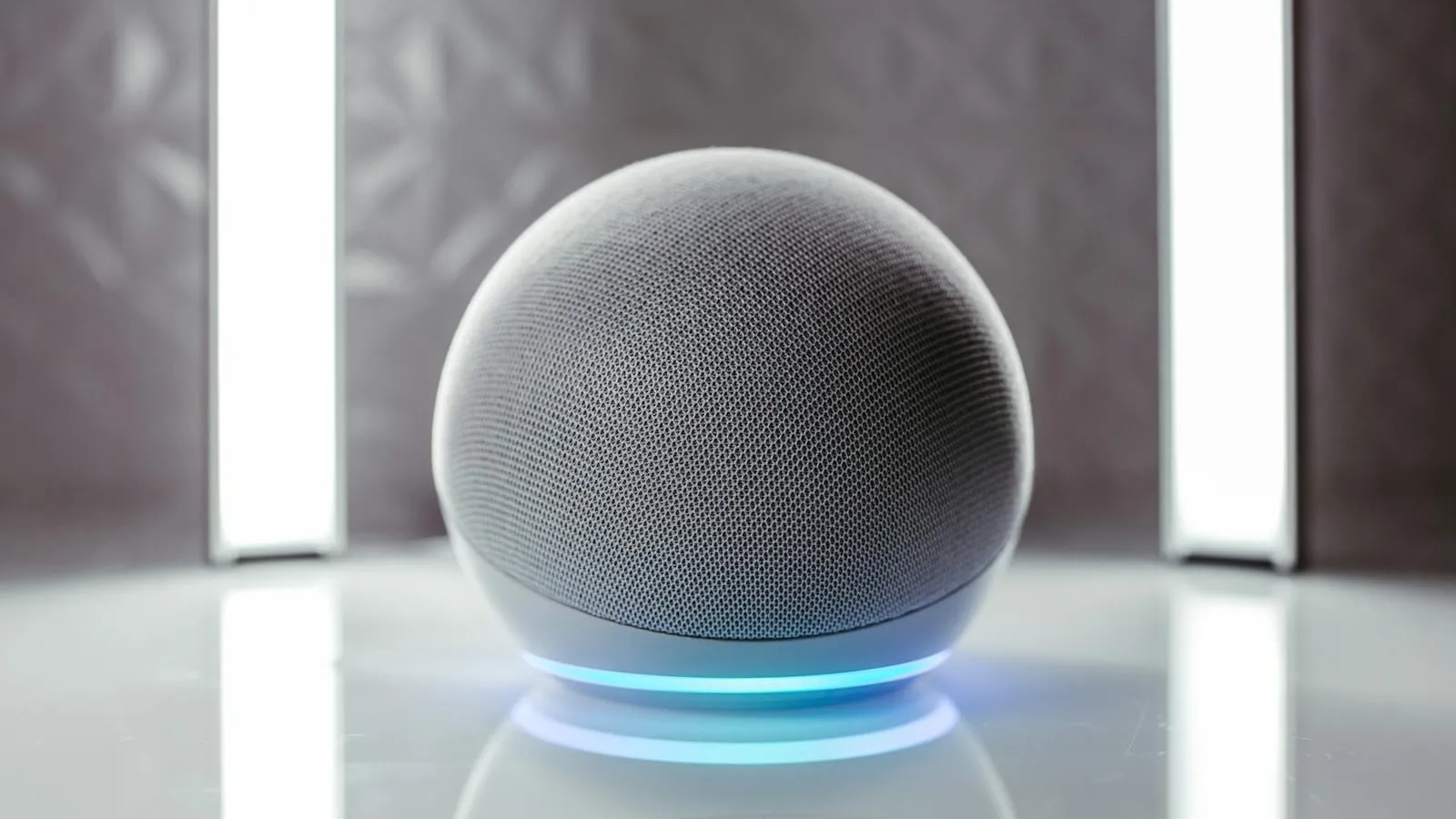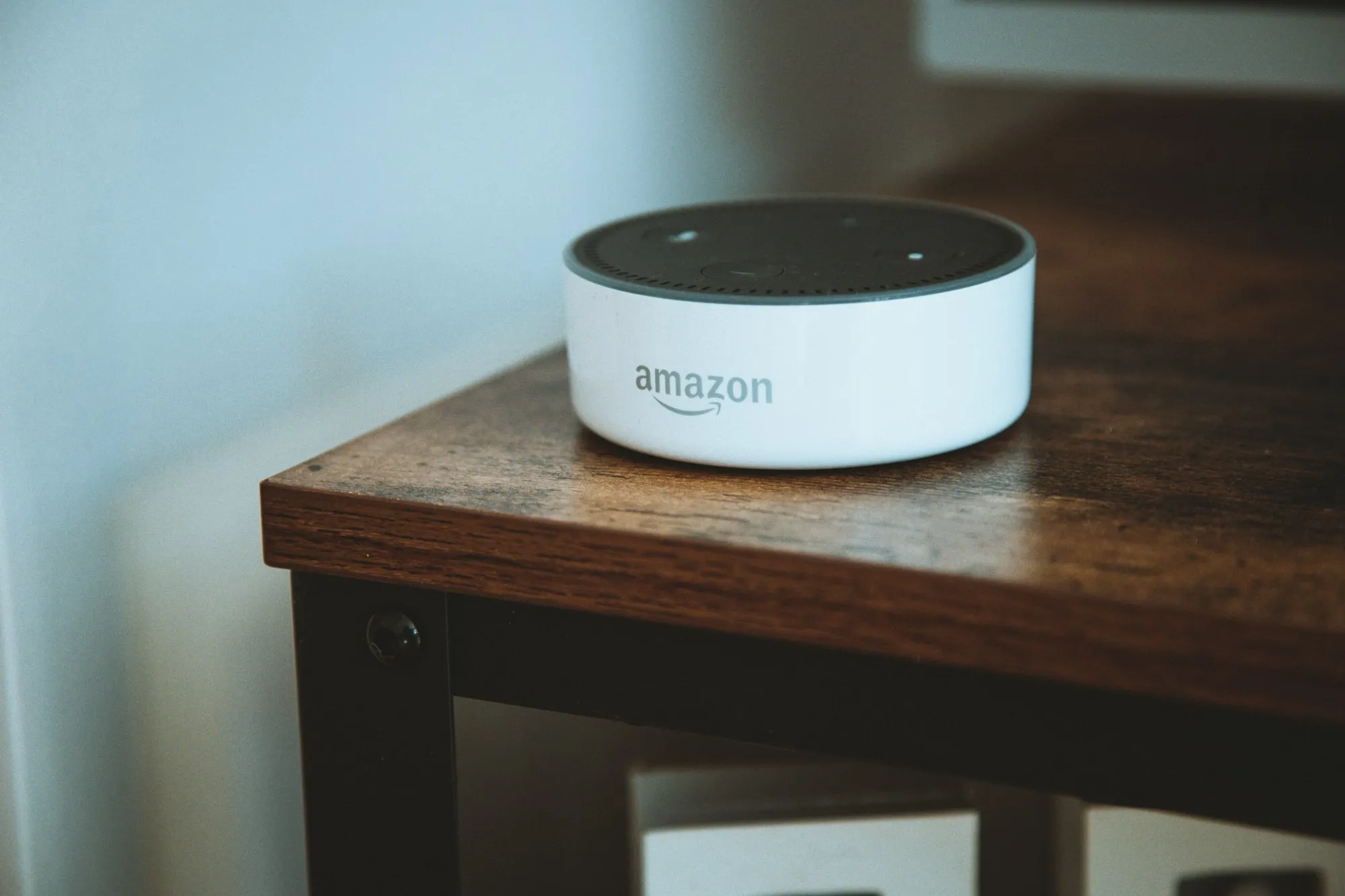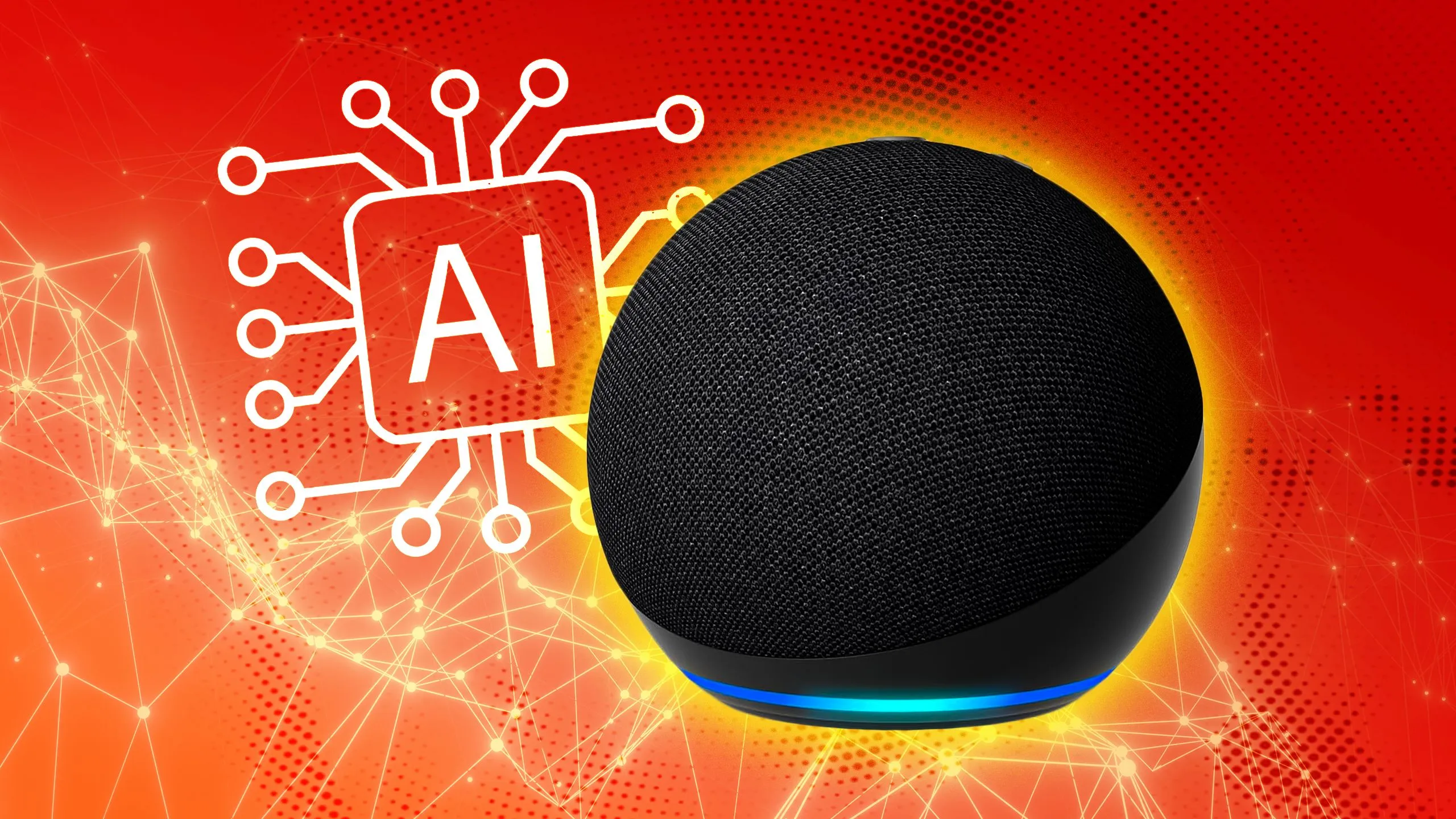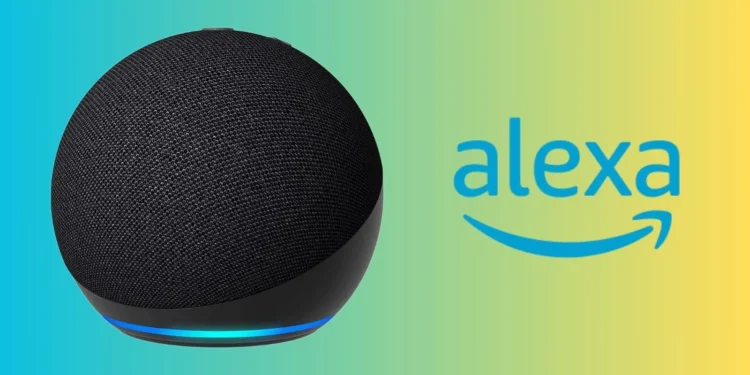Amazon is on the brink of rolling out a major upgrade for Alexa, its widely popular voice assistant. This move could revolutionize how we interact with technology in our daily lives, marking a significant shift in the capabilities of smart home devices.

The Dawn of a New Era for Alexa
For years, Alexa has functioned primarily on a command-and-response basis, adept at handling simple tasks one at a time. However, the landscape of artificial intelligence is rapidly changing, with competitors like OpenAI and Google introducing more advanced AI assistants that can multitask and handle complex interactions seamlessly.
In response, Amazon is set to introduce generative AI to Alexa, enhancing its ability to engage in more natural, contextual conversations and execute multistep tasks more efficiently. This upgrade is expected to be showcased at a special event scheduled for February 26 in New York, with Panos Panay, the head of Amazon’s Devices and Services, leading the presentation. Panay, who joined Amazon after a notable stint at Microsoft where he contributed to the Surface product line, will be highlighting the next evolution of Alexa’s capabilities.

What to Expect from the Upcoming AI-Powered Alexa
The forthcoming event is poised to reveal long-rumored generative AI enhancements that will enable Alexa to think more independently, making it more interactive and proactive in its interactions with users. If these enhancements are announced, they will represent the most significant evolution of Alexa since its debut in 2014. The implications of such an upgrade are vast. With over half a billion Alexa-enabled devices installed globally, introducing advanced generative AI could reshape user interactions with these devices, making them more intuitive and helpful. Moreover, Amazon is considering introducing a paid tier for these enhanced capabilities, with prices potentially ranging between $5 and $10 per month, while maintaining a free version of Alexa for basic services.

Competitors Not Far Behind
The smart home market continues to grow, with companies like Apple also rumored to be stepping up their game. Apple is expected to launch a Siri-powered, wall-mounted display in March, designed to manage household devices—such as thermostats, lights, and appliances—further intensifying the competition in the smart home arena.

As we anticipate the upcoming enhancements to Alexa, the potential for a more integrated, intelligent home environment becomes clearer. Amazon’s move to upgrade Alexa with generative AI capabilities could not only elevate the user experience but also significantly impact the dynamics of the smart home industry. With Alexa’s ability to think, the way we interact with our smart devices is about to get a lot more interesting and personalized.










